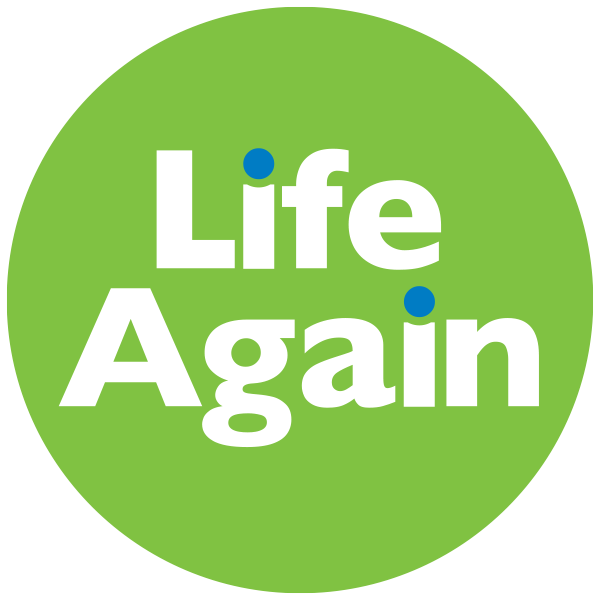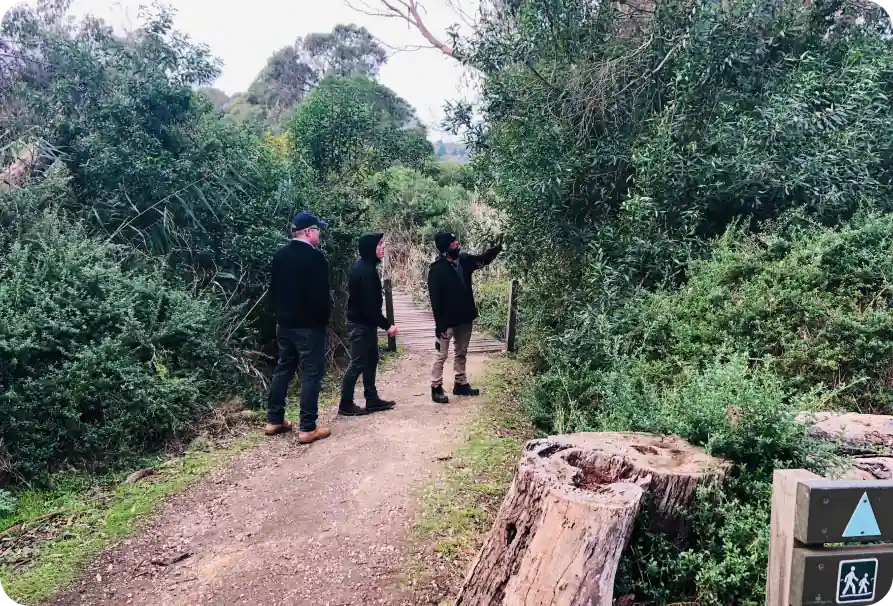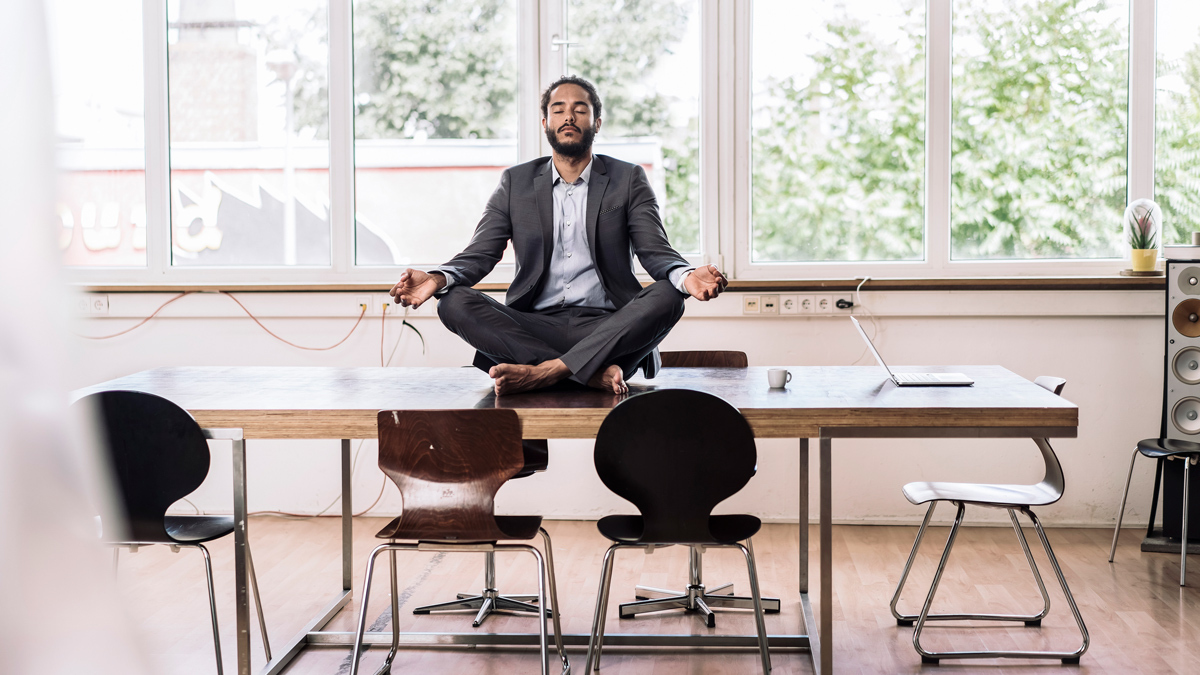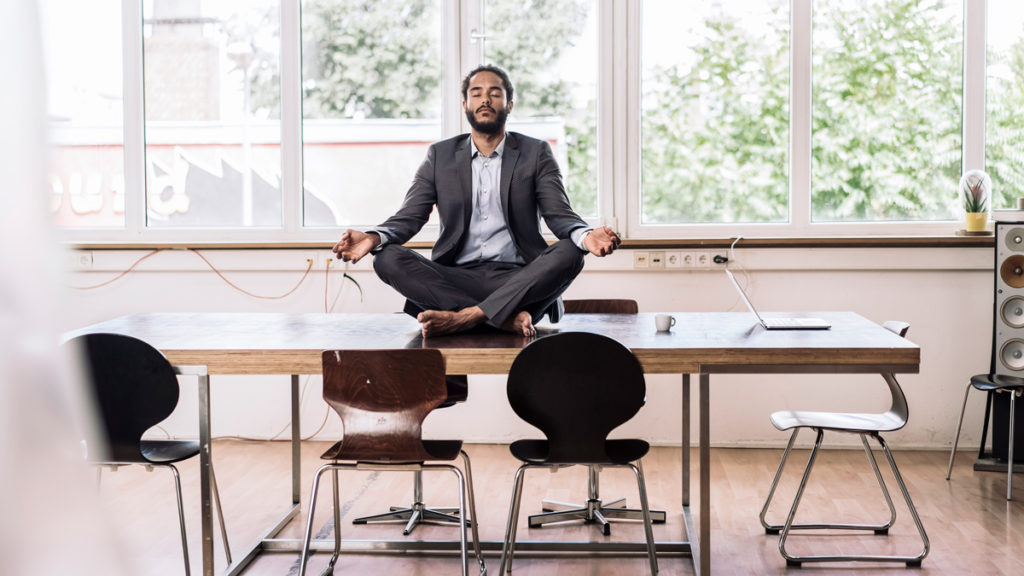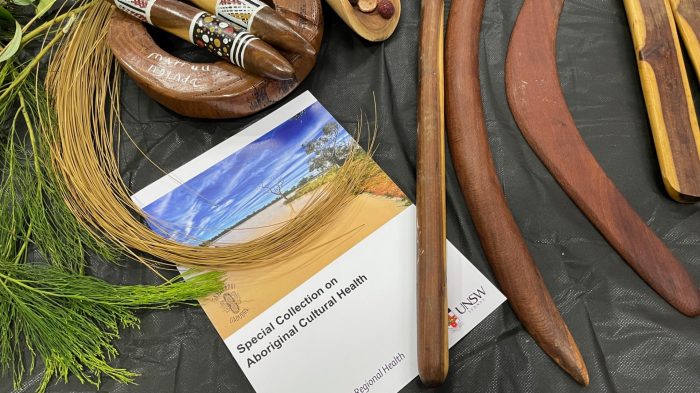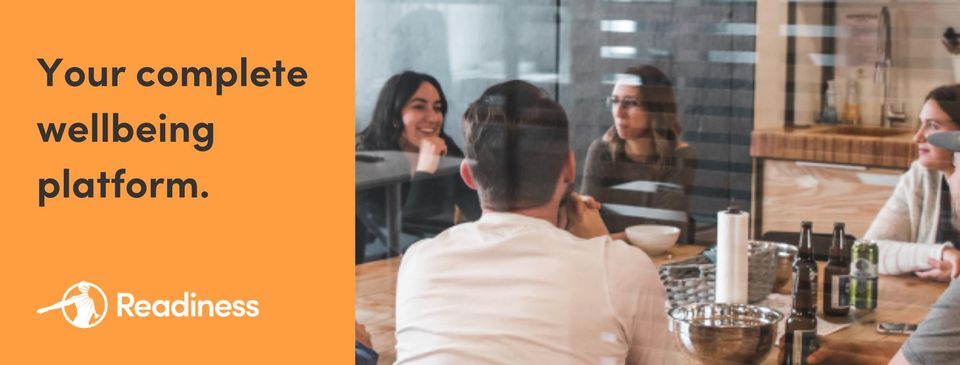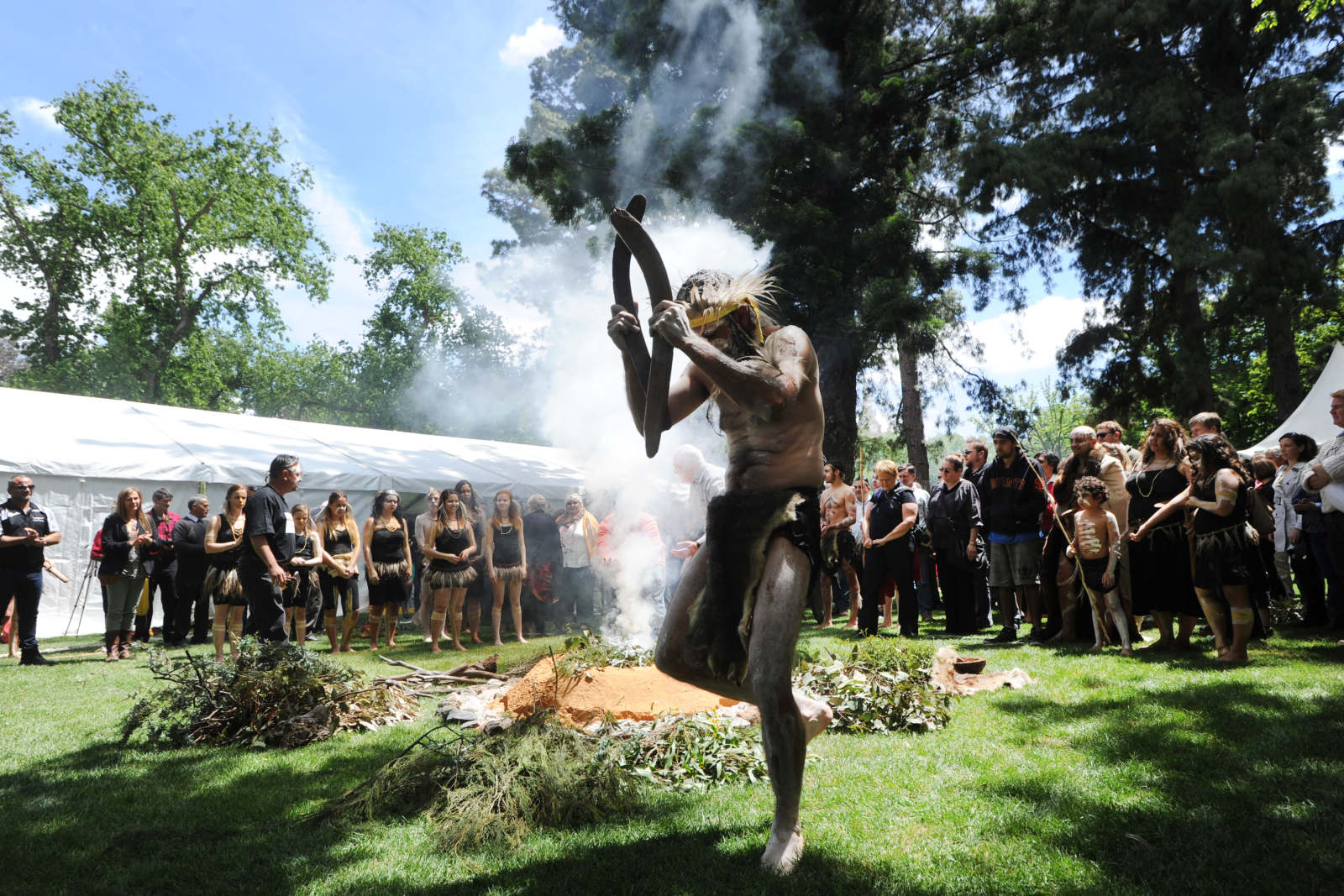Practising culture on Country can improve Aboriginal people’s health and wellbeing
Practising culture on Country can improve Aboriginal people's health and wellbeing
Despite decades of policy interventions, the health of Aboriginal and Torres Strait Islander peoples is declining against defined targets. And yet, health and wellbeing continue to be measured against deficit-focused “gaps” between Aboriginal and non-Aboriginal Australians in health research and policy.
Why Workplace Well-Being Programs Don’t Achieve Better Outcomes
Why Workplace Well-Being Programs Don't Achieve Better Outcomes
By 2026, global corporate spending on wellness programs is set to top $94.6 billion, yet anticipated improvements in well-being are not being realized, and, in fact, mental health needs are continuing to rise around the world. Drawing on a large body of recent research, the authors argue that well-being programs are failing, in part, because they focus on individual solutions rather than the broader systems that affect workers. The authors offer research-backed solutions to companies looking to better predict mental health improvements and increase the return-on-investment in their well-being programs.
Redefining the gap: Cultural connection key to Aboriginal health
Redefining the gap: Cultural connection key to Aboriginal health
New research on Aboriginal health highlights the critical role played by cultural connection and calls for a rethink of the health system’s approach to closing the gap.
READINESS PARTNERS WITH LIFE AGAIN
LIFE AGAIN PARTNERS WITH READINESS
TO EXTEND MENTAL HEALTH SUPPORT
TO CLIENTS.
What is Readiness?
Readiness is a scientifically-backed, complete wellbeing platform for organisations. Their foundations are built on the practices of elite athlete performance, where it is commonplace to monitor all the key areas which might impede an individual’s ability to perform at their absolute best – sleep, mindset, hydration, nutrition and physical wellbeing.
The Readiness digital platform proactively supports the mental health and wellbeing of employees through four key steps:
- Assess: regular, quick self-assessments are completed by users to help monitor the mental health and wellbeing of your organisation’s cohort
- Identify: identification those at risk of mental health and wellbeing issues based on their self-assessment results
- Feedback: providing personalised educational resources to promote self-directed learning in the growth areas identified
- Help: identifying and referring users who would benefit from additional support to relevant professional practitioners
At Readiness, they don’t believe in waiting until an employee or student has a problem – the platform provides the proactive insights needed to identify any changes in behaviour that could signify a mental, emotional or physical health concern and provide intervention before it becomes a major issue.
Find out more about how Readiness can support the mental health and wellbeing of your organisation at
www.readiness.org.au
FIRST NATIONS VOICES MUST LEAD ON SOLUTIONS
FIRST NATIONS VOICES MUST LEAD ON SOLUTIONS.
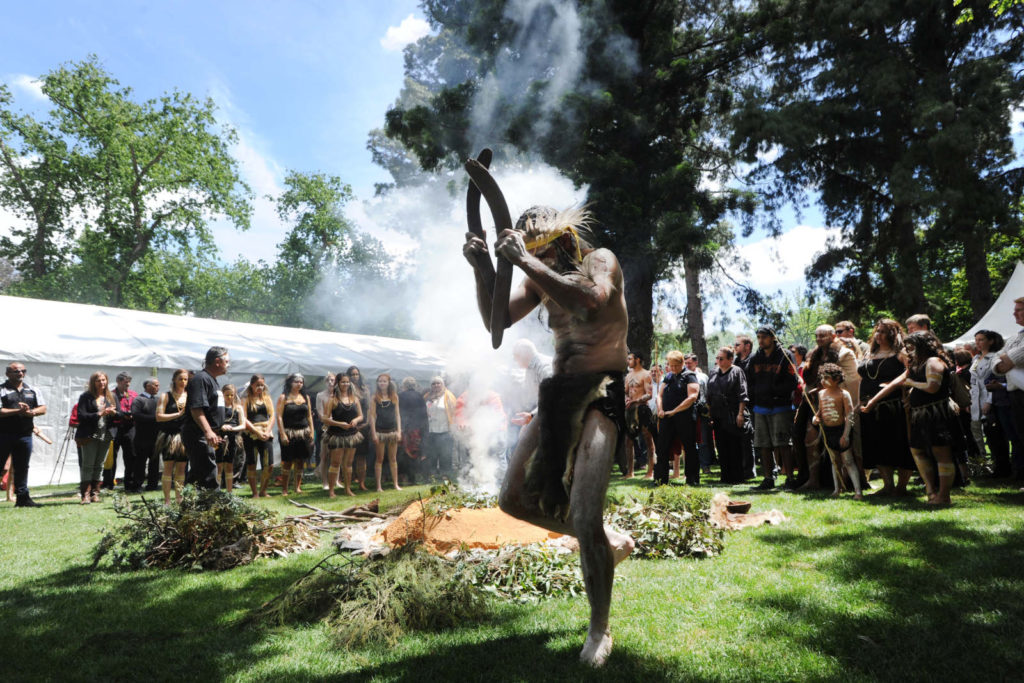
In many ways I am just like many of you. I am the son of a migrant – one of the so called “10-pound Poms” who migrated from England, built a home, a family, and a life. A life that enabled me to graduate from high school and go to university. In these ways I am just like many of you.
Yet I am also the son of a Yorta Yorta and Dja Dja Wurrung woman.
And in this way I am unlike many of you. I benefited from the privilege of being born and raised on Country surrounded by Aboriginal community and culture.
I benefited from being told the true history of this country. And I benefited from understanding early that the systems we navigate have been built by and for those with privilege, white and otherwise.
Now as an Aboriginal cardiologist and researcher I support organisations around the country with a shared commitment to advancing equity for Aboriginal and Torres Strait Islander people. Leading this work would not be possible without Indigenous support and solidarity – across country, generations, and nations.
It also wouldn’t be possible without the support of allies who are willing to critically reflect and resist the unjust structures and systems that produce inequities in this country. One such inequity is the number of Aboriginal and Torres Strait people who choose like me to become a medical specialist.
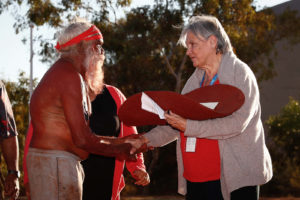
Of Australia’s 71,700 medical specialists only 110 identify as Indigenous. We must ask: Why?
Racism and lack of cultural safety are key deterrents to our mob entering specialist training. So that you can understand what this means on a personal level let me share my experience of training and working within what I call the “problem space” of Indigenous health.
This is not a space that Indigenous people have created. It is a space that has been created for us over 230 years. It is a space in which the people and community you love are reduced to stereotypes of deficit, disadvantage, and dysfunction. A problem space where Western science is valued over Indigenous knowledge.
It is a problem space where standing against racism often means standing alone. Where in addition to your fulltime job, you are expected to be “all things Indigenous” – adviser, mentor, committee representative, community member, cultural safety support, etc.
A problem space where trying to minimise risks to community increases the risks of harm to yourself. A problem space where lateral violence is accepted as the norm.
But perhaps more than anything the problem space is a lonely one where, in ticking boxes for others, you are left with little time to tick boxes for yourself and the very things that
define who you are – connection to country, culture and community.
The problem space itself is a key barrier to delivering tangible solutions that benefit Aboriginal and Torres Strait Islander communities in ways that are meaningful to them. This makes building a solution space for Indigenous health urgent work.
It is time for a solution space that sees advancing health and equity for Aboriginal and Torres Strait Islander people as
everyone’s business. Not just because we need to Close the Gap but because it’s the right thing to do.
A solution space that understands the fundamental importance of Aboriginal and Torres Strait Islander people being empowered to lead this work in culturally safe and responsive workplace environments.
A solution space where Indigenous people can focus on achieving their full potential without being weighed down by the cultural load that comes from being Indigenous. A solution space
where race science, deficit narratives and short-term fixes give way to Indigenous-led and community-aligned research and solutions.
A solution space where lateral violence is recognised as a manifestation of internalised oppression rather than an expression of Indigenous culture. A solution space that understands we cannot achieve meaningful change without understanding the true history of this country and how this history continues to shape the ways in which we are born, grow, work, live and age.
A solution space that understands we will not just get over it.
The solution space I envisage aligns with the Uluru Statement From the Heart because it privileges Indigenous voice, gives truth to Indigenous realities, and understands Treaty as the road we must travel to address something that is entirely ours and has always been ours – what the statement describes as “the torment of our powerlessness”.
We have the roadmap. Let’s work together to build a solution space that allows the next generation of Aboriginal and Torres Strait Islander leaders to thrive and achieve full flight – beyond the problem space.
Article From
The Age - May 23, 2021 - link
Author’s Bio
Associate Professor Luke Burchill is Australia’s first Aboriginal cardiologist. He provides leadership across a number of organisations including the Royal Australasian College of Physicians and HeartKids Australia.
